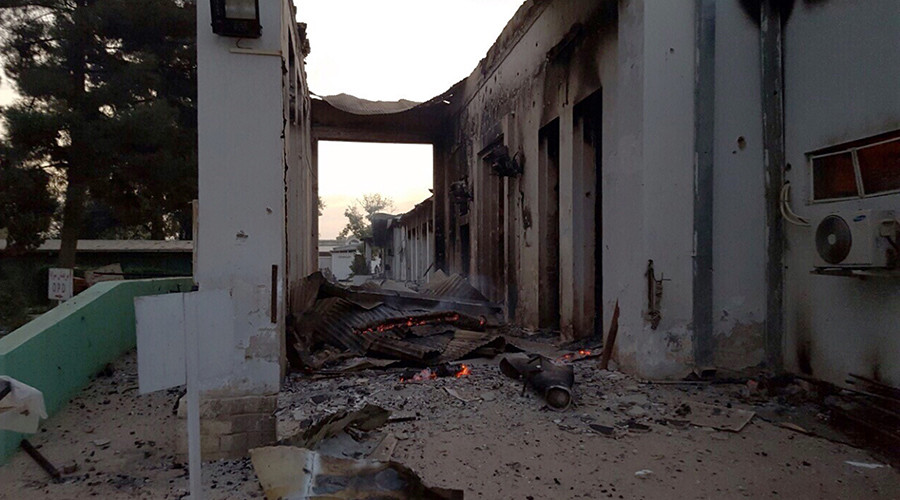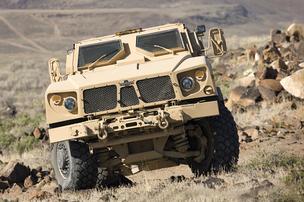Captain
Faridoon Hakimi is sitting next to an enormous barbecue once used by
the Germans to grill sausage, munching on an almond and squinting. There
isn't a cloud in the sky and the midday sun is blazing down onto the
former German military camp in Kunduz in northern Afghanistan. Next to
him stands a solitary sign in the German language indicating the
location of a certain "Büro Baumlade."
It has been six months
since Hakimi's friends and allies from Germany left the camp. All of the
parking slots for helicopters and armored vehicles are empty. The white
blimp, which once held cameras aloft in order to monitor the camp's
immediate surroundings, no longer floats in the sky above."We don't need
reconnaissance," says Hakimi, 32, the new camp commander who oversees
the Afghan National Army troops stationed there. "We have our eyes." The
blimp, he says smiling, was a waste of money anyway. Hakimi wears a
carefully trimmed beard -- and rubber sandals.
His eyes shift to
the horizon where the mountains are slowly turning green, indicating
spring's approach. Hakimi knows that the green also means the Taliban
will soon be back.
For 10 years, Germany was responsible for the
province of Kunduz as part of its role in the International Security
Assistance Force (ISAF). It was the first real war
the Bundeswehr,
as Germany's military is known, participated in, and Berlin's aims were
lofty indeed. German development experts were to help extend rights to
women, democracy was to be fostered and the economy was to grow
significantly. Billions of euros were made available -- and the blood of
German soldiers was spilled. Kunduz was a place of great sacrifice.
Until Oct. 6, 2013. On that day, Germany handed over the camp to Afghanistan.
'Too Soon'
"They
ran away," croaks the deputy police chief for the Kunduz province in
his office and gestures dismissively. "They simply ran away. It was too
soon."
"It was too soon. It was like an escape." One can hear
almost exactly the same thing from the mouths of German soldiers, some
of whom even compare the Bundeswehr's departure with that of the
Americans from Saigon at the end of the Vietnam War. "If there is one
thing the Bundeswehr is really good at, it's retreating," is a sentiment
that can often be heard in the government quarter in Berlin these days.
What,
though, did the Germans really manage to accomplish in Kunduz and what
did the 25 Germans killed in the region die for? What did all the money
buy? What remains of the mission? Berlin would rather not provide an
answer to these questions: A complete evaluation of the Afghanistan
engagement is not on the agenda.
But there are answers to be found
in the Kunduz Province itself. The closer one gets to the former German
camp, the emptier the roads become. There are no trees to block one's
view of the far-away horizon; occasionally, a burned out car or oil drum
lies on the shoulder of the road. The pizza delivery service once
patronized by the Germans has closed its doors. A few uniformed soldiers
are rolling out barbed wire at the camp's entrance. "We are here to
guard the buildings," says Said Muyer, 25, of the Afghan police. He says
he is essentially in charge, adding that the real commander hardly ever
makes an appearance.
The road passes by empty guard houses and
torn open sandbags on the way into a ghost town of broad roads, vacant
barracks and open ground where helicopters once took off and landed. It
seems like a settlement of aliens who stayed for a time but then left
after realizing that the planet was inhospitable -- despite the fitness
studios, bars and the big German barbecue.
Some 2,000 soldiers
were once stationed in the camp, but there are few relics of their
presence among the ruins: an aluminum can that once contained processed
meat, packages of "Exotic" drink mix and a few slices of whole-grain
bread.
"They only left garbage behind," says Muyer, kicking a
container of potato goulash. "We don't eat stuff like that." He rattles
the door leading into the mess hall, inside of which the tables and
chairs are neatly stacked. "Everything is locked up," he says. Muyer
says that the refrigerators were already gone by the time he arrived,
sold in the town market.
Read More Here





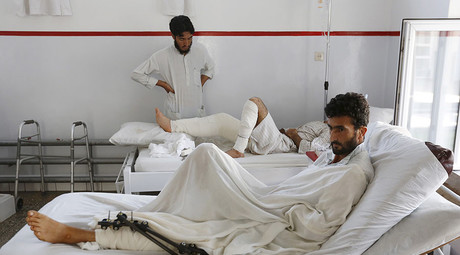
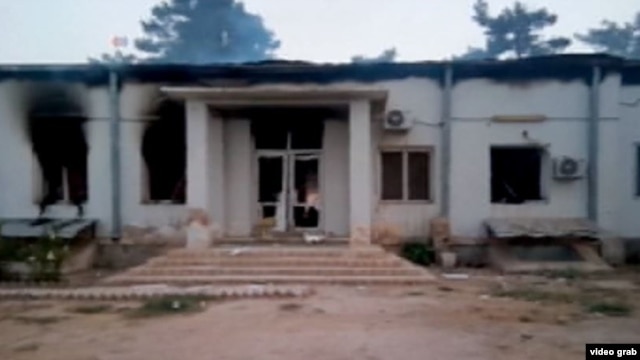

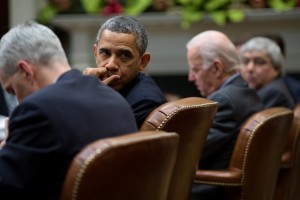
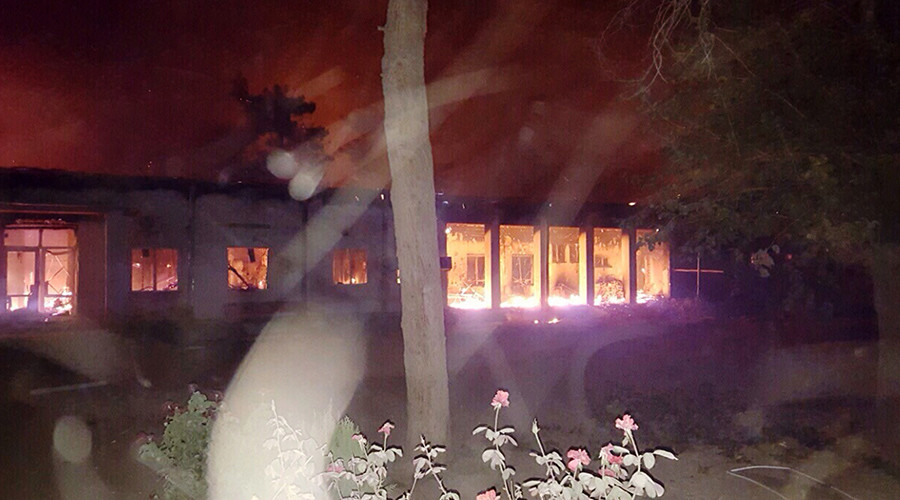
 Yves Daccord
Yves Daccord
